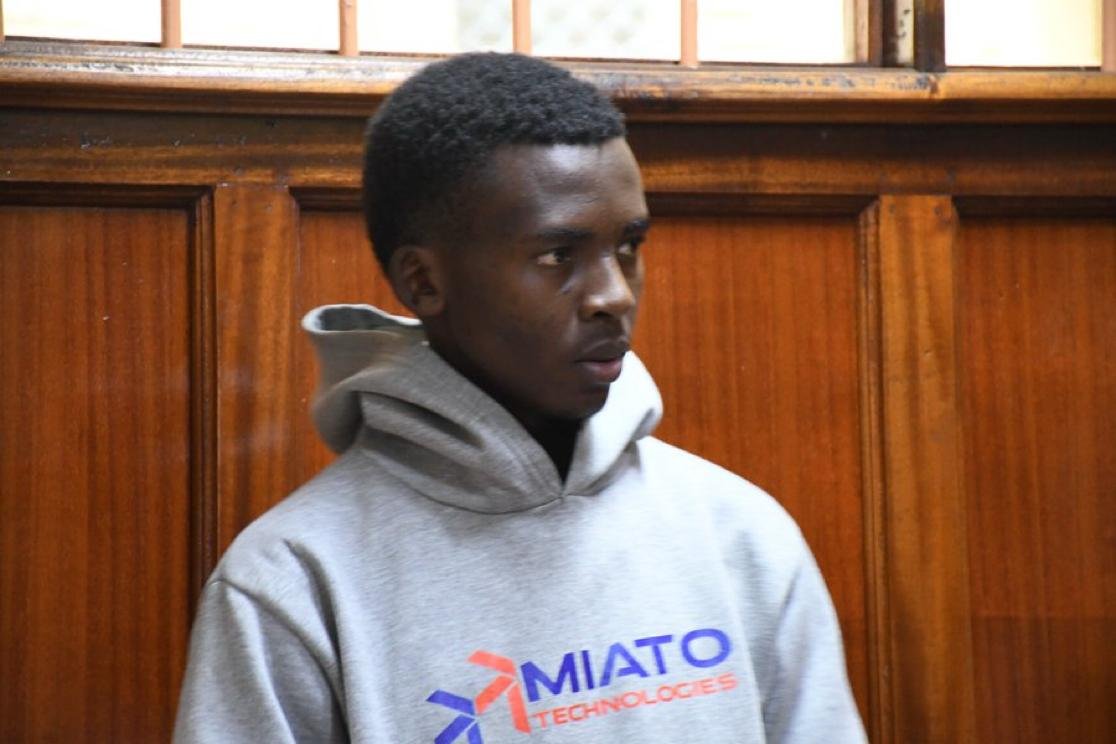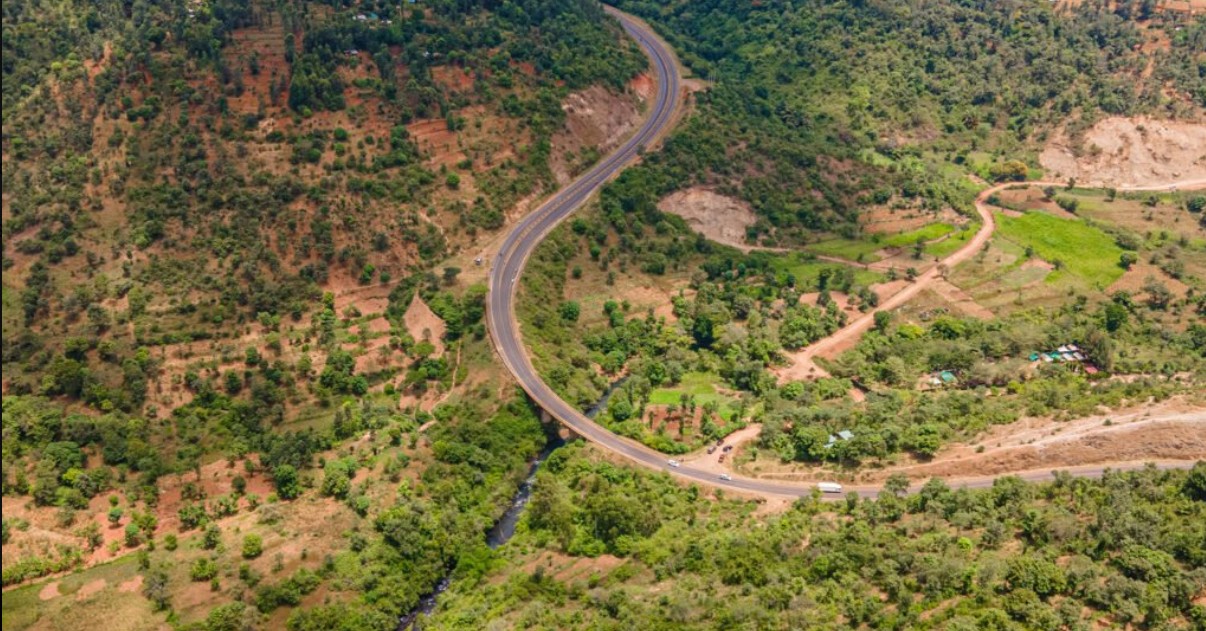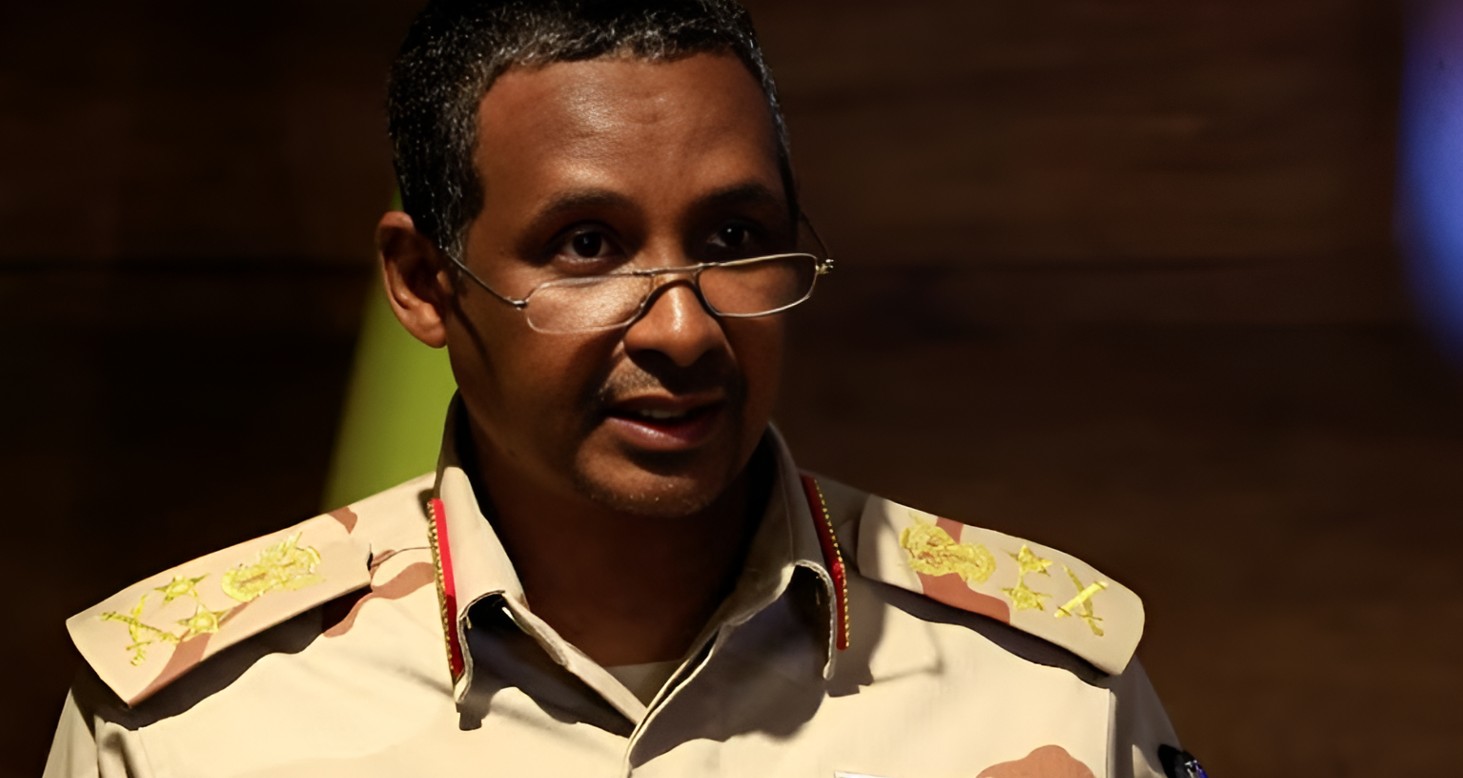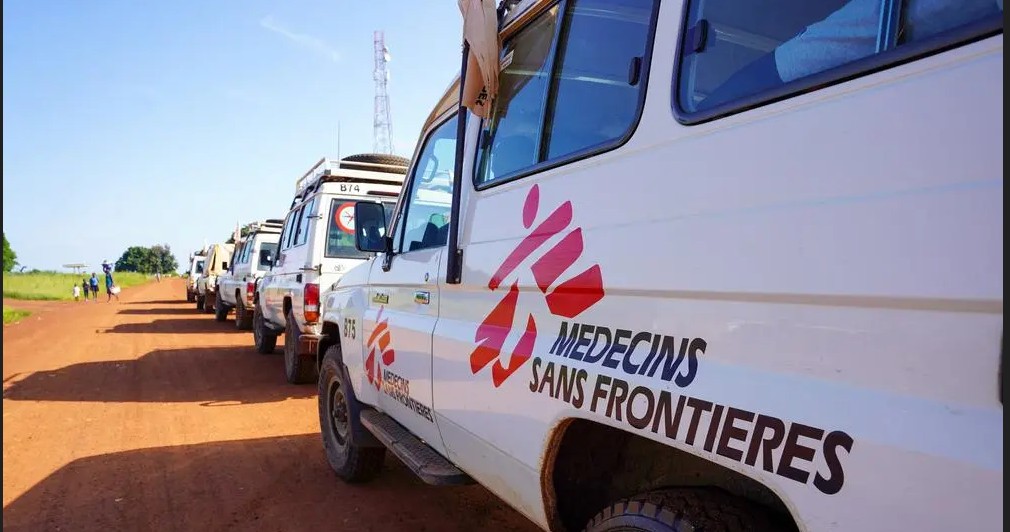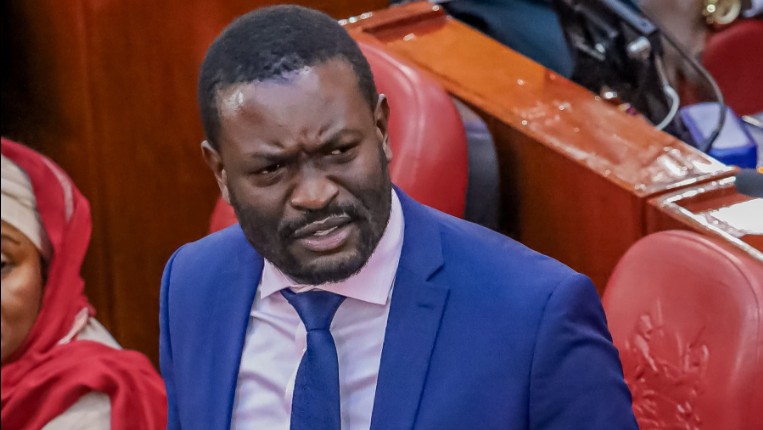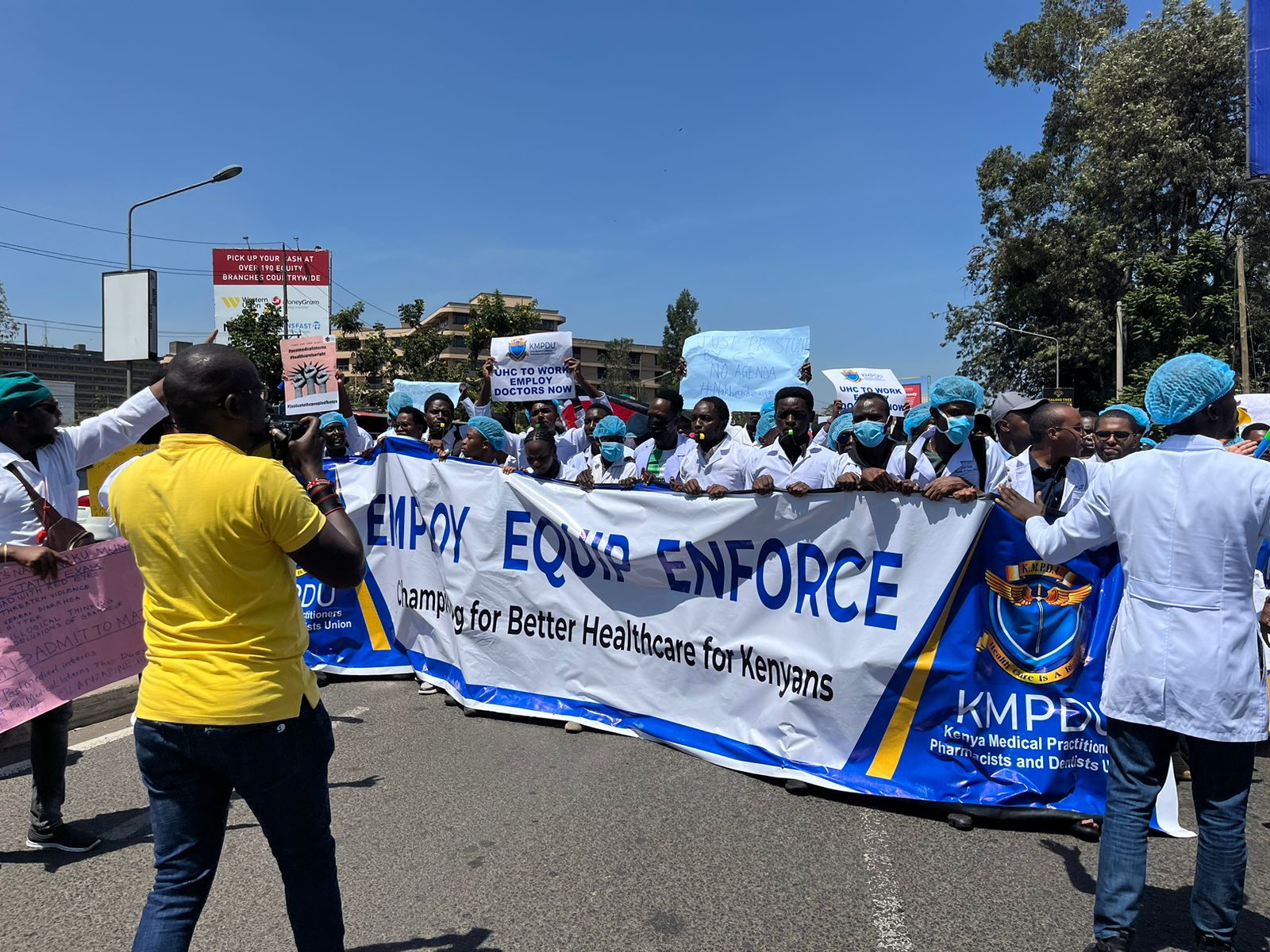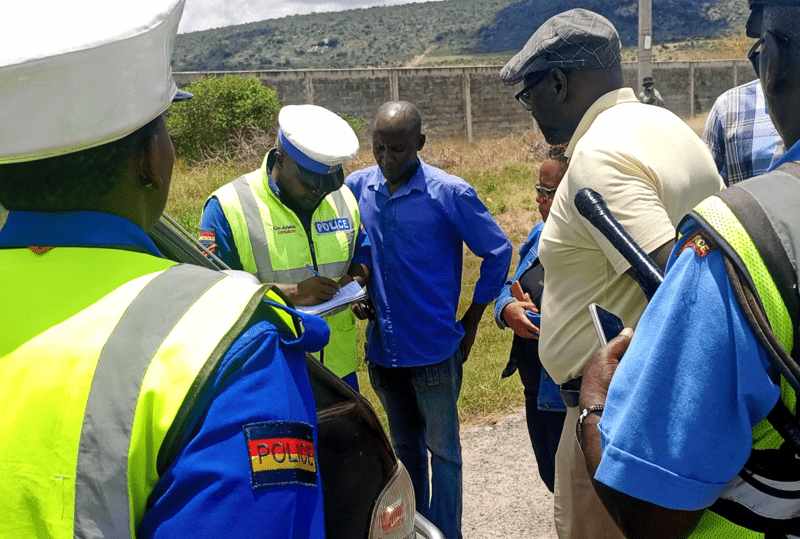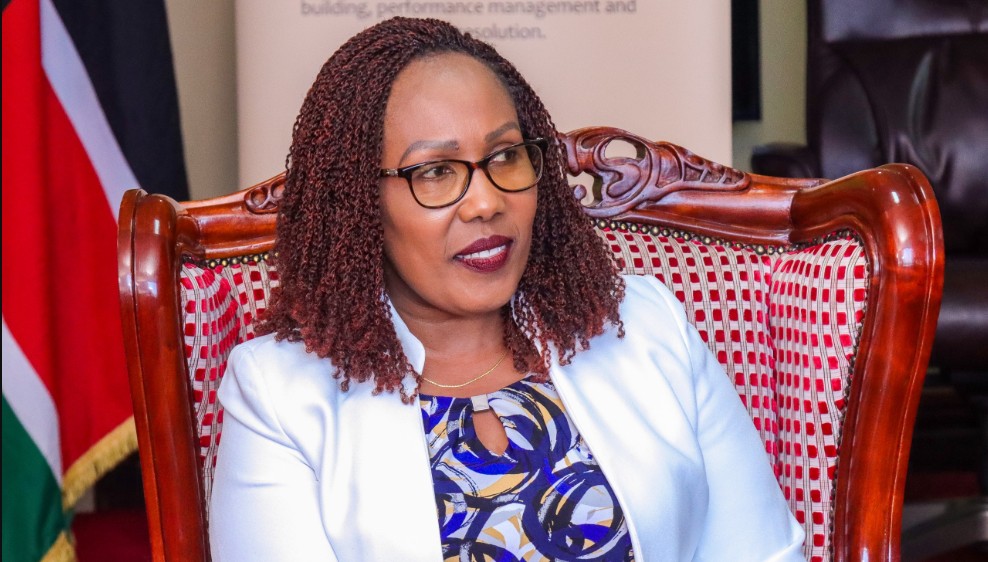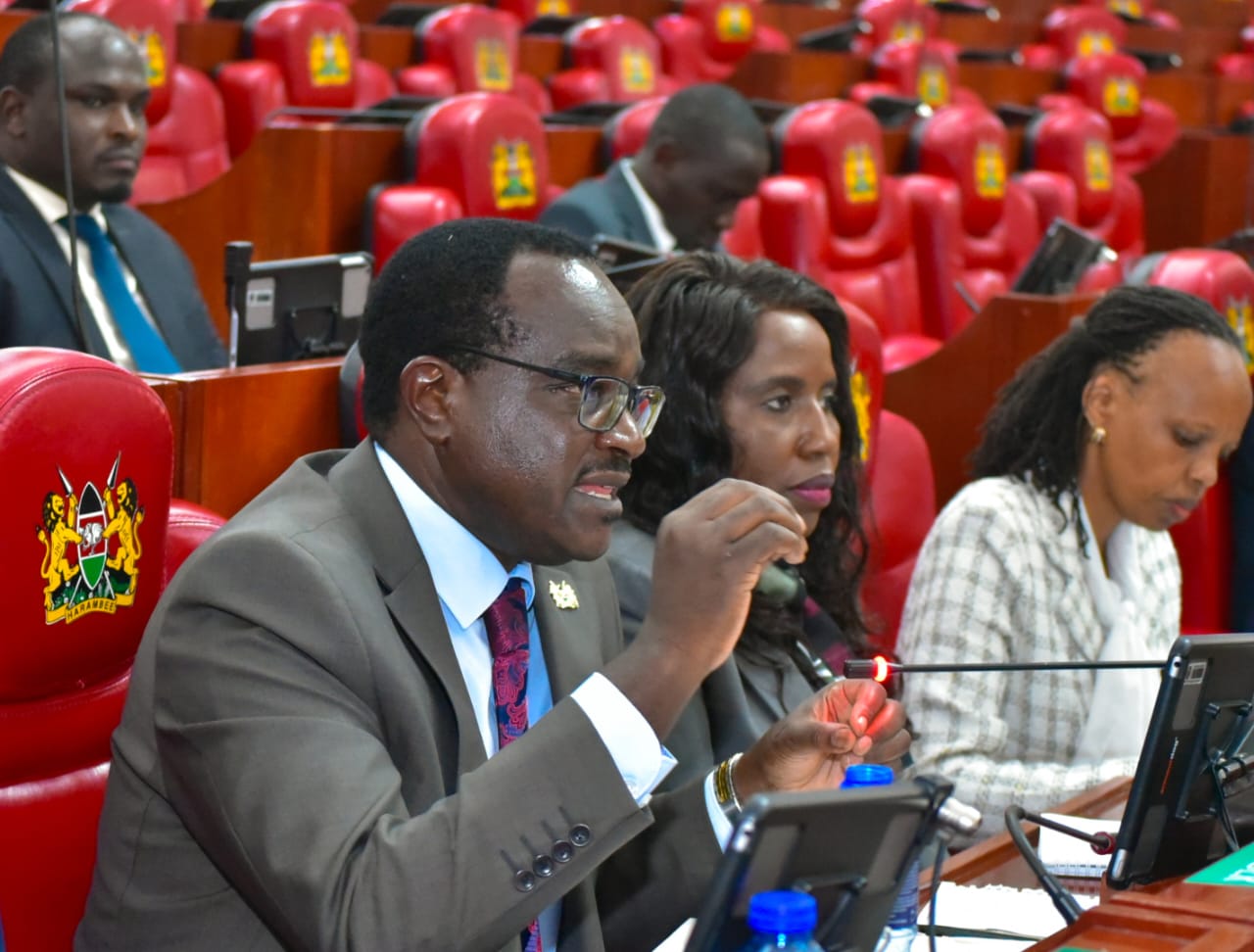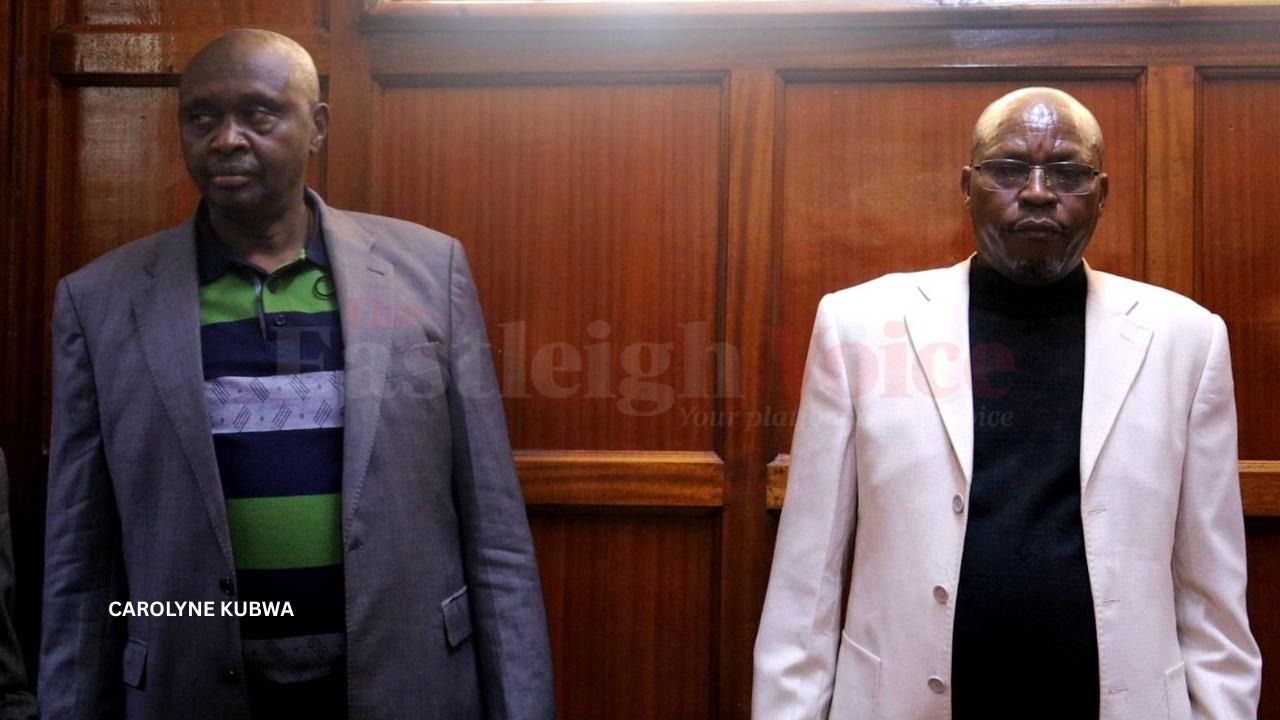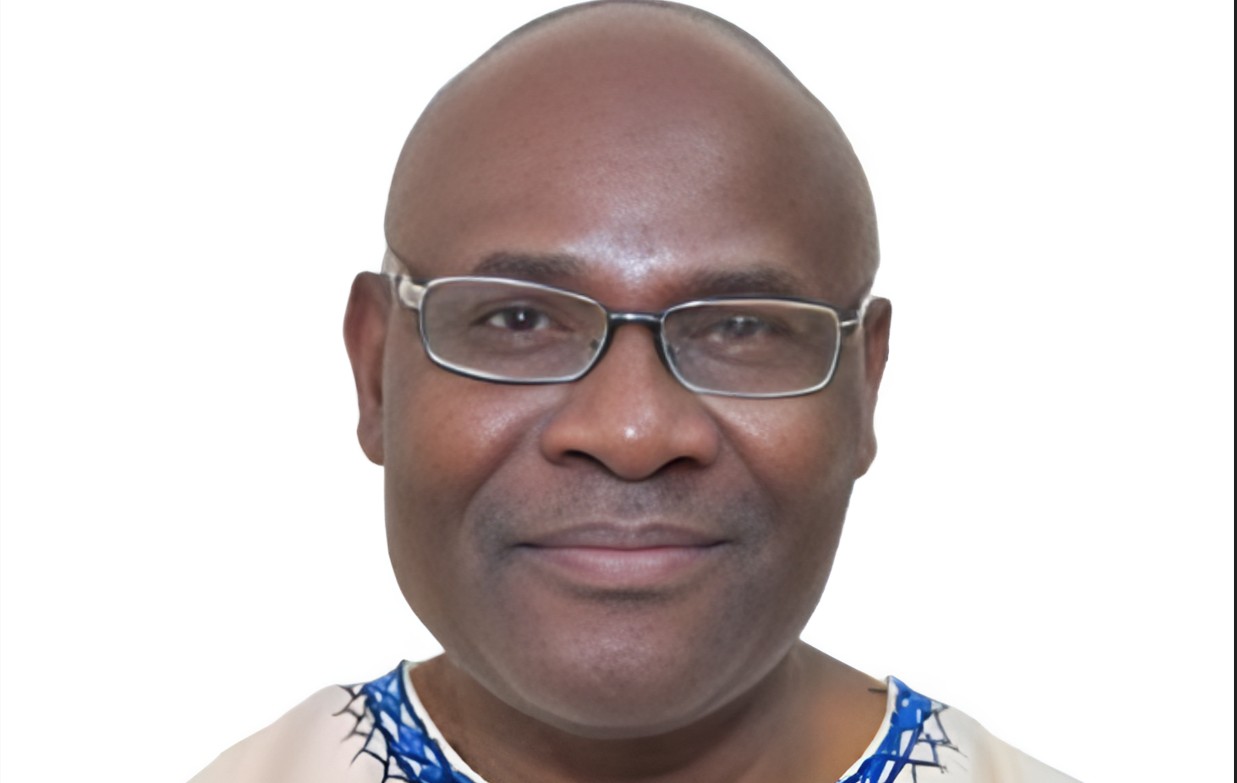EU signs 650m euro deal with Ethiopia in step to normalise ties

The EU and Ethiopia inked a €650m development deal aimed at improving ties following the end of a bloody two-year war in the Tigray region.
By AFP
The European Union and Ethiopia inked a 650 million euro development deal on Tuesday
More To Read
- 58 ex-EU ambassadors accuse Israel of genocide in Gaza, warn bloc risks complicity in war crimes
- IMF revises global growth outlook to 3 per cent for 2025
- At least 22 dead in Angola amid protests over fuel price hike
- France urges EU to pressure Israel on two-state solution after pledging to recognise Palestine
- Egypt snubs US offer on Nile dam over condition to relocate Gazans to Rafah
- Gaza war: Global coalition demands unconditional ceasefire, condemns civilian killings
during a visit by a top EU official aimed at improving ties following the end of a bloody two-year war in the Tigray region.
"It is time to gradually normalise relations and rebuild a mutually reinforcing partnership with
your country," European Commissioner for International Partnerships Jutta Urpilainen said in
signing the deal with Ethiopia's Finance Minister Ahmed Shide.
The so-called Multi-annual Indicative Programme (MIP), which amounts to 650 million euros
($680 million) for the years 2024-2027, should have been concluded in 2021 but was
suspended due to the Tigray conflict.
Urpilainen, a former Finnish finance minister, said the MIP "is the concrete first step towards
normalisation".
"It renews the EU's commitment to work, together with the EU member states... to contribute
to Ethiopia's stability, post-conflict reconstruction and macro-economic recovery."
Ahmed said the signing of the MIP was "very important" for Ethiopia, adding that the EU had
for 40 years been a "strategic partner for Ethiopia, supporting Ethiopia's economic
development and economic reform".
He acknowledged that the partnership had "slowed down" because of the Tigray conflict,
adding: "Now, the signing of MIP will enable us to move back into a normal development
partnership."
Signed every seven years, MIPs define priority areas of cooperation between the EU and its
partners, including financial allocations.
- Budgetary aid not resumed -
The 27-member EU bloc is one of the main development partners for Ethiopia, Africa's
second most populous nation which is grappling with internal violence, a worsening
economic situation and natural disasters such as drought.
About 17 per cent of its 120 million people depend on food aid, which was suspended by the
United States and the UN's World Food Programme in June citing widespread diversion of
supplies.
Urpilainen said Brussels was not however resuming budgetary aid to Ethiopia which was
suspended a month after the November 2020 start of the fighting in Tigray.
"When it comes to budget support modalities there are also very strict conditions," she said,
adding that an International Monetary Fund (IMF) programme was needed.
Ethiopia is currently negotiating with the Washington-based lender seeking support for the
country's economic reforms.
"In addition to that we also have some political conditions," Urpilainen said without
elaborating.
The Tigray war killed untold numbers of civilians and forced about two million from their
homes before it ended with a surprise truce in November last year.
The EU supports the implementation of the peace deal "through the national dialogue, as
well as also accountability and transitional justice", said Urpilainen.
"Stabilisation in Tigray is underway, but the situation remains complex and fragile including
in several other regions."
Fighting erupted earlier this year between federal troops and local militias in the Amhara
region and violence persists in several other parts of the country, a mosaic of more than 80
ethno-linguistic communities.
The visiting EU commissioner also held separate talks with Ethiopian Prime Minister Abiy
Ahmed and African Union Commission head Moussa Faki Mahamat but the press was
excluded.
Top Stories Today


